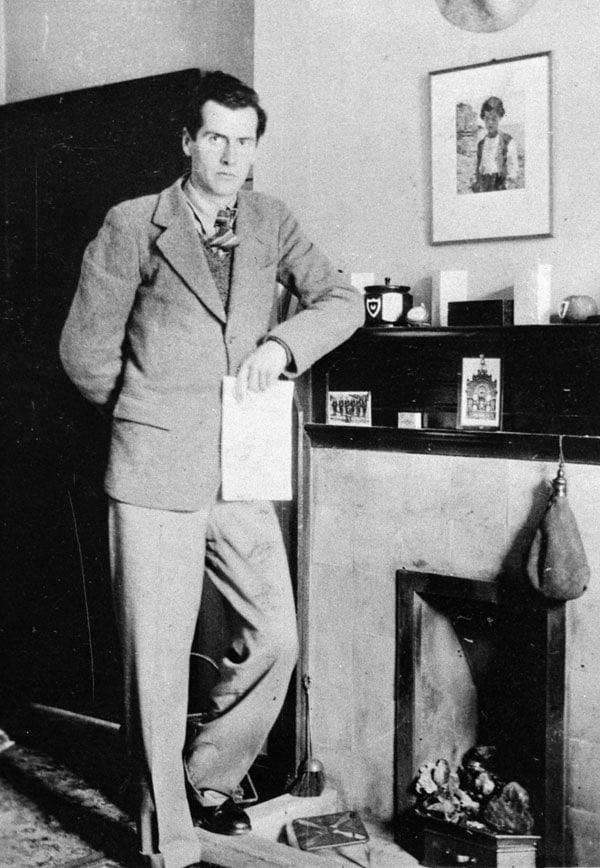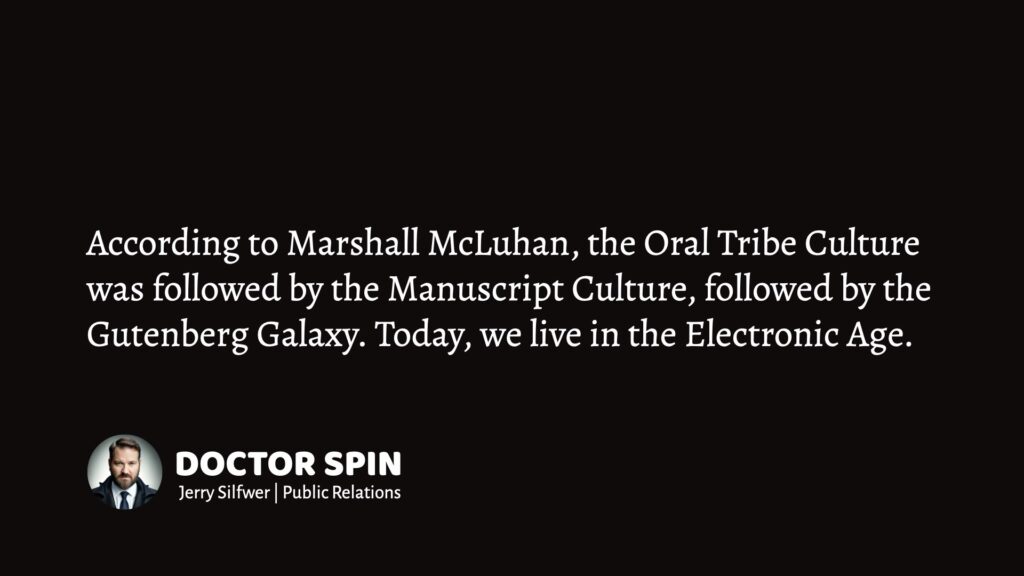James Hargreaves invented the Spinning Jenny in 1764.
He was a weaver and a carpenter, and he put his skills into inventing the automatic weaving machine to make his work easier. The result was the Spinning Jenny, a device that sparked the industrial revolution in England.
Imagine for a second that Facebook is the Spinning Jenny of our time, a historical marker of change in a shift that reshapes how we relate and communicate.
The Industrial Revolution changed our way of life by restructuring how we form societal groups. We became less dependent on a local community to provide for our needs and more urban. The digital revolution has brought us a shift of similar magnitude — never before have groups formed and dissolved so rapidly and so free from demographical boundaries.
Of course, the industrial revolution wasn’t only due to Spinning Jenny, just as the digital revolution wasn’t only due to Facebook. James Hargreaves and Mark Zuckerberg just happened to create something that demonstrated to the world the potential of new technology. The chances are that future historians will use Facebook as a similar symbol for change, just like we refer let the Spinning Jenny illustrating the Industrial Revolution.
If you, in the early days of the Industrial Revolution, happened to be in the textile industry, you would be a fool to ignore Spinning Jenny. You would be a fool not to invest in some automation. And you must be smart about it; you must make money throughout the transition while investing in new ways to make money.
If you weren’t in the textile industry, maybe you had some “extra” years to prepare before your line of work became industrialised. Some used those years to design and invest. Others didn’t. They couldn’t bring themselves to accept the inevitable.

Two questions for you, dear reader and fellow PR professional, to meditate on as I stitch this thought together:
1. Imagine yourself in business in the early days of the Industrial Revolution, and someone came by and described the Spinning Jenny to you. How would you react? What actions would you take?
2. Despite being such a disruptive invention, you’ll have to go to a museum to find a Spinning Jenny now. What will the world look like when your digital tools are a thousand times more potent than Facebook is today?
Now, be smart about your Facebook strategy.

THANKS FOR READING.
Need PR help? Hire me here.

PR Resource: The Electronic Age
Enter: The Electronic Age
Human culture is often described based on our access to production technologies (e.g., the Stone Age, the Bronze Age, and the Iron Age).
According to Marshall McLuhan and the Toronto School of Communication Theory, a better analysis would be to view societal development based on the prominence of emerging communications technologies.

McLuhan’s Four Epochs
McLuhan suggests dividing human civilisation into four epochs:
“The Gutenberg Galaxy is a landmark book that introduced the concept of the global village and established Marshall McLuhan as the original ‘media guru’, with more than 200,000 copies in print.”
Source: Modern Language Review 1McLuhan, M. (1963). The Gutenberg galaxy: the making of typographic man. Modern Language Review, 58, 542. https://doi.org/10.2307/3719923

As a PR professional and linguist, I subscribe to the concept of the Electronic Age. I firmly believe society is unlikely to revert to the Gutenberg Galaxy.
Like the rest of society, the PR industry must commit to digital-first, too. Mark my words: It’s all-in or bust.
Read also: The Electronic Age and the End of the Gutenberg Galaxy
Annotations
| 1 | McLuhan, M. (1963). The Gutenberg galaxy: the making of typographic man. Modern Language Review, 58, 542. https://doi.org/10.2307/3719923 |
|---|


